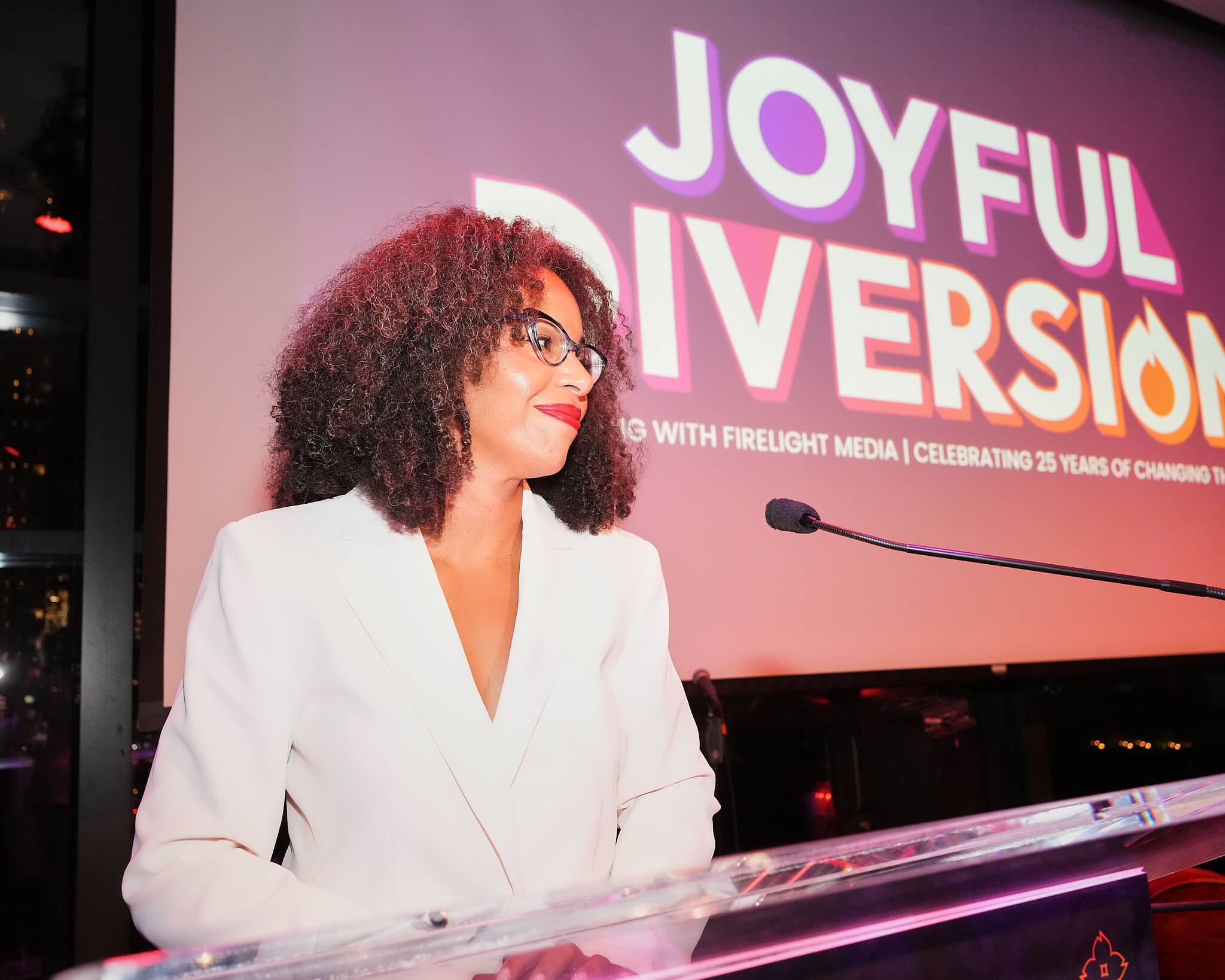The Fire Has Been Lit
Duke University. Krispy Kreme. Tar Heels. These are images that may come to mind when someone hears the words “North Carolina.” But for this lil’ queer, Filipinx filmmaker, North Carolina conjures the Greensboro sit-ins, and most recently the controversial House Bill 2 (HB2)1, which some critics have referred to as “the most anti-LGBT bill in the country.” So, when Firelight Media announced Raleigh, NC would be the destination place of the next Documentary Lab Retreat, I was not immediately overjoyed. Now before you judge, I should let you know that this is rare. I am usually excited to go anywhere new, since all unexplored places lead to new adventures. But having spent large amounts of time last year engulfed by news reports of celebrities and organizations/companies boycotting travel to North Carolina in support of LGBTQ rights, it’s hard to not feel the same impulse after the fire of protest has been lit inside oneself — especially in a post-election Trumpocalypse. Since this would become my third Retreat, I decided to let go of my apprehensions and show up ready for the experience. After all, I am reminded of a conversation I once had with some fellows — Firelight can come in, gather, AND disrupt.
After a long delayed flight and a short conversation with the Lyft driver where I tried to decipher if his constant use of the phrase “it’s ‘arty’ you’ll like it…” was code for something else, I arrived at the hotel a bit exhausted and on edge. While waiting for my room key, the woman next to me looked over and asked, “Are you a filmmaker?” “Is this code too?” I thought. “You must be here for the Firelight Retreat,” she said, “I’m Cynthia…” The woman standing in the lobby with me turned out to be none other than the amazing Cynthia Lopez, multiple Emmy award-winning and former POV Co-executive Producer and recent NYC Film Commissioner. And later that evening after an informative panel led by Working Film’s Molly Murphy on storytelling and impact in North Carolina, a room full of Firelighters alongside some local filmmakers and industry leaders was able to briefly recount Cynthia Lopez’s influential stalwart career. And better yet, we were able to witness a keynote conversation between Cynthia and the eloquent Alvin Starks from Open Society Foundations. Is public media on the chopping block? How do we make filmmaking sustainable? After getting rejected, how does one still come back and ask for funding? Why do we persevere? This conversation set the right tone for the Retreat, and with every word and exchange of thoughts, Cynthia’s maverick career example made it clear that WE are the ones who will move the world forward with OUR stories, and WE are the ones who cannot back down when there’s so much at risk. As Cynthia shared, “We have to make sure our public institutions not just survive, but also thrive.” A line so inspirational I had to tweet it. #firelightretreatday1 #changingthestory
Day two of the Retreat focused on distribution starting with case studies from three films directed by women of color: “Catching the Sun” by Shalini Kantayya, “American Promise” by Michèle Stephenson, and “Southwest of Salem” produced by Sam Tabet and directed by Deb Esquenazi. Each film reached audiences through a different distribution path. Most people think making the film is the hardest part, but most independent filmmakers know getting audiences to see the finished film can sometimes be even more challenging. So case study panels with open, honest talk can be invaluable. As Naomi Walker from the Southern Documentary Fund (who also co-sponsored the Retreat) said the next day, we exist temporarily in a “cone of silence2” and we trust each other that the information we share will not the leave the room. The following breakout session I attended on international markets led by Chicken and Egg’s Yvonne Welbon and DOK Incubator’s Tereza Simikova, followed by panels on cable distribution (BET, CNN Films, A&E), as well as a panel on public broadcast (PBS, POV, The WORLD Channel, LPB, SCETV) proved to be equally informative. The cone of silence managed to cover the entire Retreat in a bubble of trust.
By the end of the day I had taken so many notes my iPad’s battery was drained, and so was I. Thankfully from the suggestion of local filmmaker Shirlette Ammons, I’d muster the energy to end the night at a speakeasy filled with North Carolina queers and dance jams (this being my second dance jam event of the day, with the first being Firelight’s notorious 30 second dance jam break). Queers have a long history of gathering in bars leading to mobilization and movements. And in a state where the current law is designed to oppress you and your LGBTQ family, an out of town onlooker might ask why you’re not at home emailing petitions and constructing protest signs. But gathering is necessary to remind one of the power of community. And gathering to dance in an oppressed environment IS a form of protest — the human spirit refuses to be crushed by the oppressor. Queers, women, people of color, and all forms of marginalized minority groups have all gathered throughout the years in times of need and times of celebration. I was reminded why the Firelight gatherings are so important. Soon after we’d leave to grab a slice of pizza served from a pizza box pulled out of a dumbwaiter. Looks like I got my local adventure after all! #communityispower
The final day of the Retreat focused on impact. Full disclosure, when my last film was released the word impact was “engagement” previously known as “outreach,” so needless to say I had A LOT to learn that day. After witnessing an exercise “brain trust” moderated by Firelight Media’s Sonya Childress where several community organizers, impact producers, and on the ground advocates (all women) workshopped a potential impact campaign using Chelsea Hernandez’s upcoming film “Building the American Dream” as inspiration, I suddenly understood the true power of an impact campaign. Seeing how one film could IMPACT various communities and issues through educating, inspiring dialog, and potentially creating policy changes was an eye-opening moment. If WE as filmmakers of color are the ones wishing to change the world with our stories, the films we create are the tools and means to do so. This thought was further supported in the next panel that featured a round table discussion with impact producers (again, mostly all woman and one male person of color). The final panel was a marketing and social media toolkit presented by Tracy Nguyen-Chung from After Bruce and Chana G. Ewing from Little Big Girl Co. (both queer POC!) and the Retreat events ended with a creative advising lunch session with the impact producers. My take away was that filmmakers should ask themselves, what do you want your film to accomplish in the world? How do you want communities to use the film? Raising awareness is not enough, what physical change or action can be the tangible result? #changingtheworld
As the Retreat began to officially wrap, emotions were high, tears were shed, and several fellows expressed their appreciation for a space that encouraged growth and love. I too felt a deep sense of gratitude for my time at the Retreat and my overall inclusion in Firelight as a fellow this past year. From past experience I know firsthand, sometimes Asians are excluded from POC spaces, sometimes queer spaces can racist, and sometimes POC spaces can be sexist, homophobic or transphobic. So when one finds that true intersectional space for all of us to exist in solidarity, it truly is a moment to revel in. Anything becomes possible and suddenly changing the world doesn’t seem that impossible, because as a visible community progress becomes the inevitable. Naomi Walker ended the closing comments by thanking Firelight for coming to North Carolina and creating this much needed gathering. Soon after, hugs were given and many made their way to the airport. The Retreat was over but the fire was lit. #firelight
A day or two later I logged online and the Retreat resurfaced on my Facebook feed. Photos of a bus full of smiling Firelighters, friend requests from a few new friends, and the usual stream of online petitions, shared news articles highlighting the nepotism of the current presidential administration, and the never ending list of call to actions needed to fight the Trump regime followed. At the end of the list was the headline “North Carolina leaders agree to repeal bathroom bill (HB2).” Now I know the “repeal” is in question by many circles of LGBTQ activists, but at least the potential for change has been set — for now. I think about those NC queers back at the speak easy. Perhaps they’ve traded in their dancing shoes for protest signs, making their way to the frontline of the continual fight for justice. Cue the music, I’m ready for my 30 second Firelight dance jam. #loveyoufirelight
1 NC state-wide law specifying people must use the bathroom which corresponds to the gender on their birth certificate, as well as rolls back local ordinances passed to protect LGBT people and eliminates anti-discrimination protections in the state.
2 A fictional device used for privacy from the 1960’s American tv show Get Smart.
PJ RAVAL is an award-winning filmmaker recently named as one of Out Magazine’s “Out 100” and FILMMAKER Magazine’s “25 New Faces of Independent Film.” In Justice for Jennifer (working title), PJ tells the story of grassroots activists in the Philippines are spurred into action when a local transgender woman is found dead in a motel room with a 19-year-old U.S. marine as the leading suspect. As they demand answers and a just trial, hidden histories of U.S. colonization come bubbling to the surface.



.png)
.png)
STAY CONNECTED









